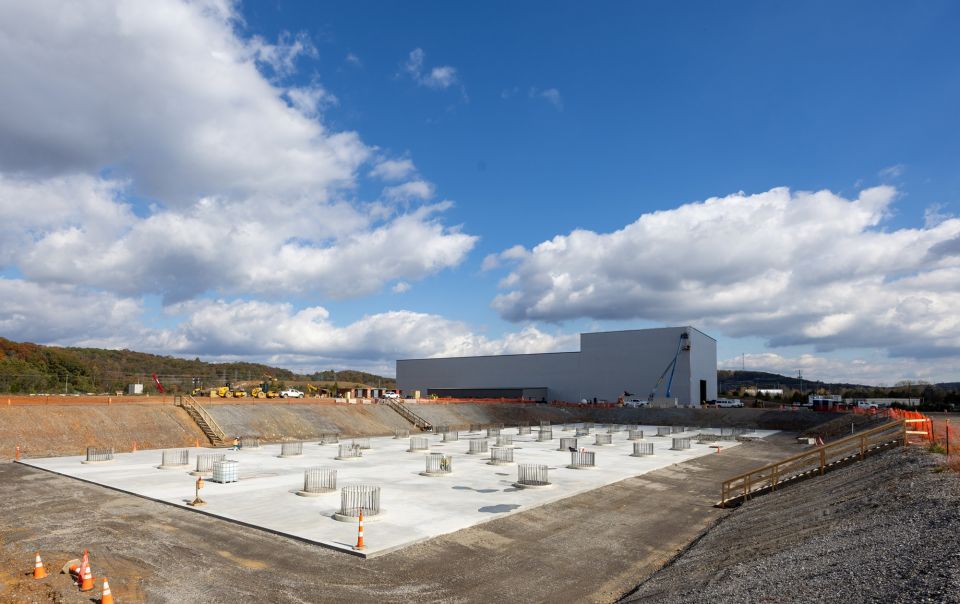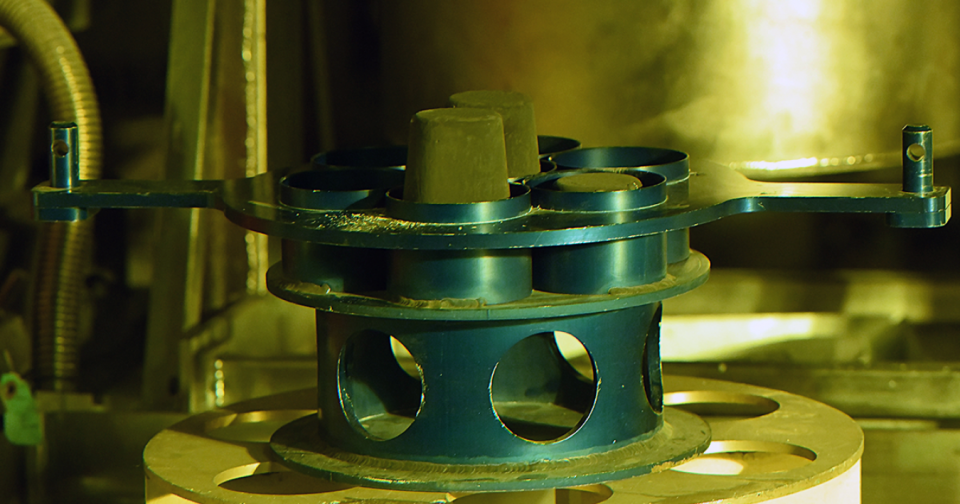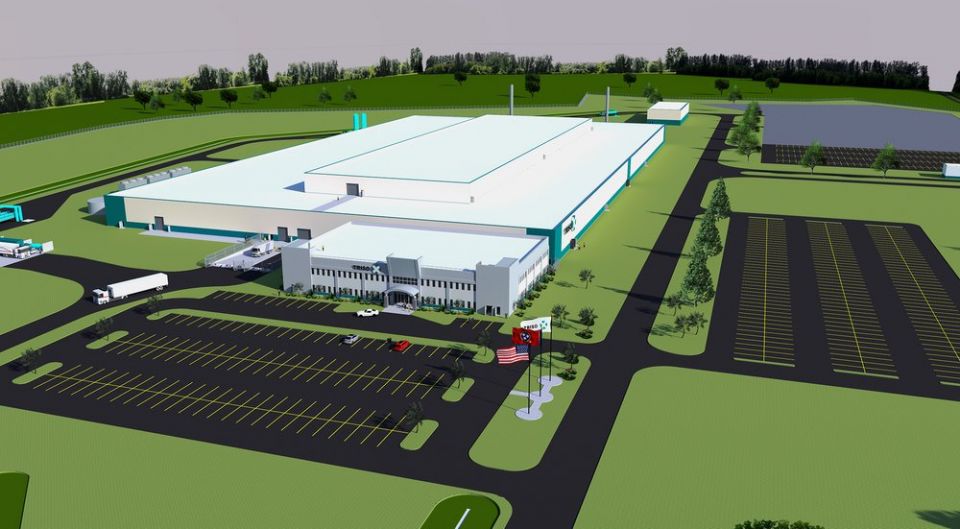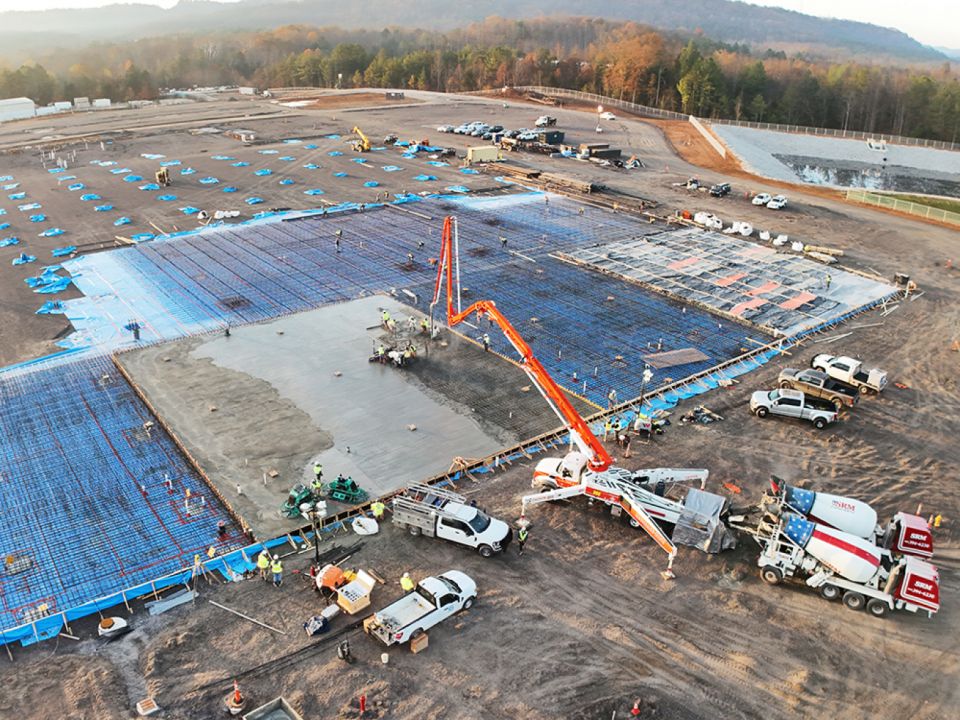Poneman interview covers range of nuclear issues
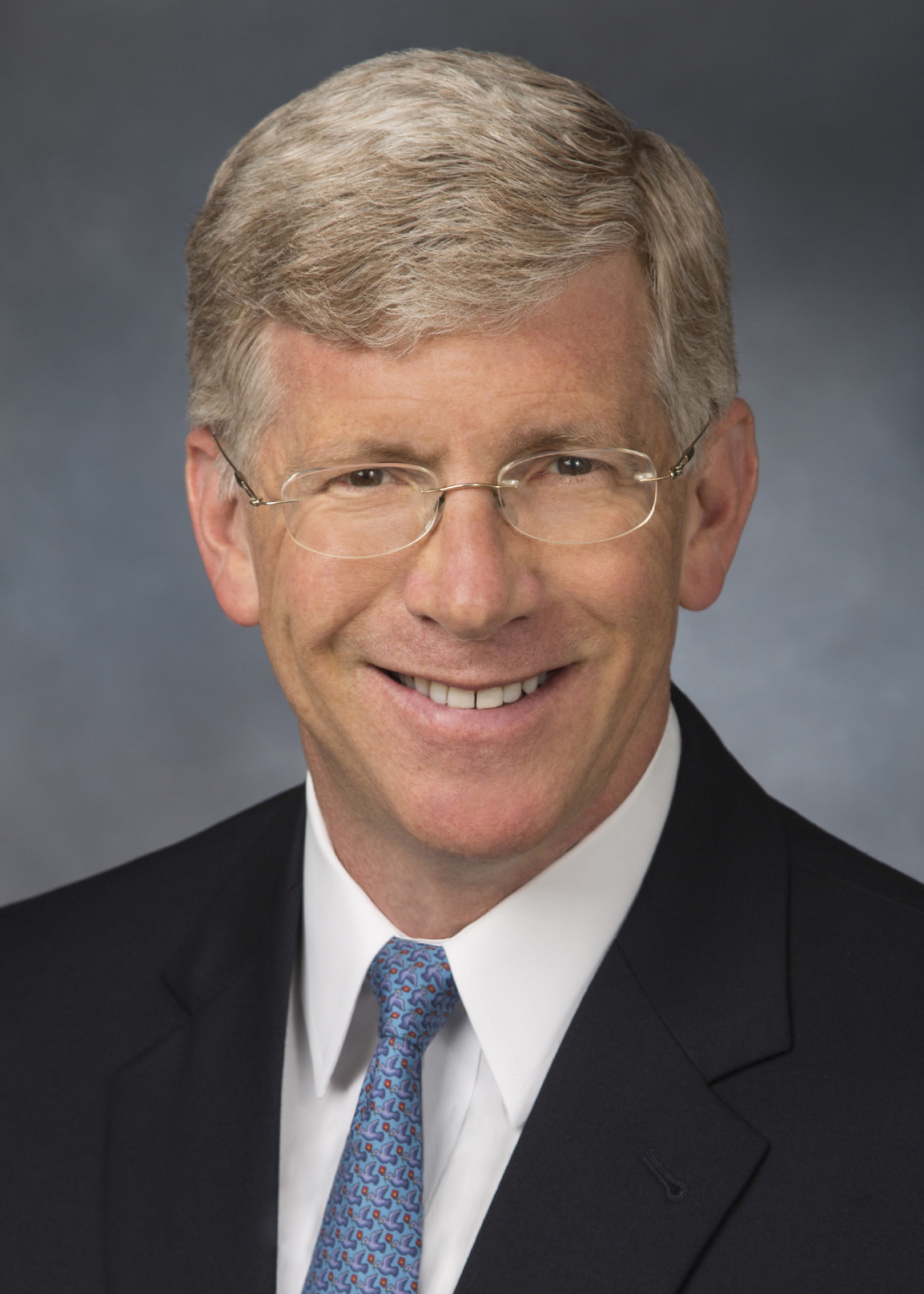
Poneman
The Harvard Gazette recently featured an interview with Daniel Poneman, former president and chief executive officer of Centrus Energy and former deputy secretary of energy. In the interview, Poneman offered his views on the “comeback” of nuclear power, artificial intelligence, safety and security issues, advanced reactors, climate change goals, and other issues of interest to the nuclear energy industry.
Climate, demand, hyperscalers: In the article, Poneman explained the nuclear comeback in terms of the converging concerns about climate change and electricity demand, as well as the issue of “hyperscalers.”
He said, “The only source of clean power that’s been proven to work—day or night, season in, season out, in any geographic location, and successfully operating at large scale—that’s nuclear. It’s just shy of 20 percent of our total electricity production and nearly half of our carbon-free electricity.”
Poneman described the “vertiginous increase in electricity demand that’s driven by 1) the AI revolution and 2) the effort to decarbonize not only power generation, which is about one-quarter of total emissions, but also transportation and industrial processes.” He observed that when power for electric vehicles comes from coal plants, “you haven’t solved the emissions problem.”
According to Poneman, hyperscalers “have the wherewithal and frankly the balance sheets to support these very substantial investments in nuclear.” He added that there is “strong recognition by the government of the importance of nuclear. I don’t think there’s any issue that has broader or deeper bipartisan support than this one.”
Safety and costs: When asked about public concerns regarding the safety and costs of nuclear power plants, Poneman answered, “There has been a continuous set of improvements over the years.” Furthermore, “There is a whole new generation called advanced reactors. . . small reactors that can be standardized, punched out like a cookie cutter, the same design over and over. The more of these things you punch out, the cheaper it gets, and the more practice you have installing them, the cheaper it gets. If you do things like that, you can improve on safety and budget.”
Waste: He went on to explain that some advanced reactors “can burn used fuel that has already been irradiated, which would have the effect of both burning out some of the minor actinides and turning what is now considered ‘waste’ into a source of more energy.” He described deep geologic formations as “a safe process with well-known technology.”
New nuclear: When the issue of climate goals came up, Poneman responded that new nuclear energy projects are essential for meeting these goals.
“At the Belfer Center, I’m working on a project on how to get 200 gigawatts of new nuclear built in the United States by 2050. A bunch of things have to happen right for that to be achievable. . . . But it’s going to take smart government policies. We’re going to have to have lean and effective regulations. We’ve got to figure out a way to spread the cost and risk sufficiently, so you induce people to act sooner rather than later.”
He also stressed the importance of government loan guarantees to “reduce the cost of capital . . . defray first-mover risks and also give confidence to the private sector to co-invest.”
Government: In addition to loan guarantees, Poneman said that the government needs to institute “smart tax policy, in terms of providing things like cost-overrun insurance . . . [and] be an important source of demand, especially for small and micro reactors that have potential applications such as supporting micro grids for things that can’t afford to go dark—military bases, things of that character.”
Workforce: Another issue raised by Poneman was the need to train or retrain the nuclear workforce. He observed that “contractors who got rusty over the last few decades [need to] get back into the game and execute well. And we’re going to have to have the talent pool grow and training programs at the university level, but also in the trades and organized labor. Many thousands and, ultimately, hundreds of thousands of jobs are needed.”
Legal expert: Poneman, who has a juris doctor degree from Harvard, is a senior fellow at Harvard’s Belfer Center and a cochair of both the Commission on Nuclear Energy and Climate Security and the Nuclear Energy and National Security Coalition. He was the president and CEO of Centrus Energy from 2015 to 2023, during which time the company deployed the first uranium enrichment facility to begin production in the United States since 1954.
From 2009 to 2014, he was deputy secretary of energy in the administration of President Barack Obama. He also served in the National Security Council during the administrations of presidents Bill Clinton and George W. Bush. His private-sector work has included legal practice with the Scowcroft Group, Covington & Burling, and Hogan & Hartson.
He is the author of Double Jeopardy: Combating Nuclear Terror and Climate Change; Argentina: Democracy on Trial; Nuclear Power in the Developing World; and Going Critical: The First North Korean Nuclear Crisis (the latter coauthored with Joel Wit and Robert Gallucci).

-3 2x1.jpg)
